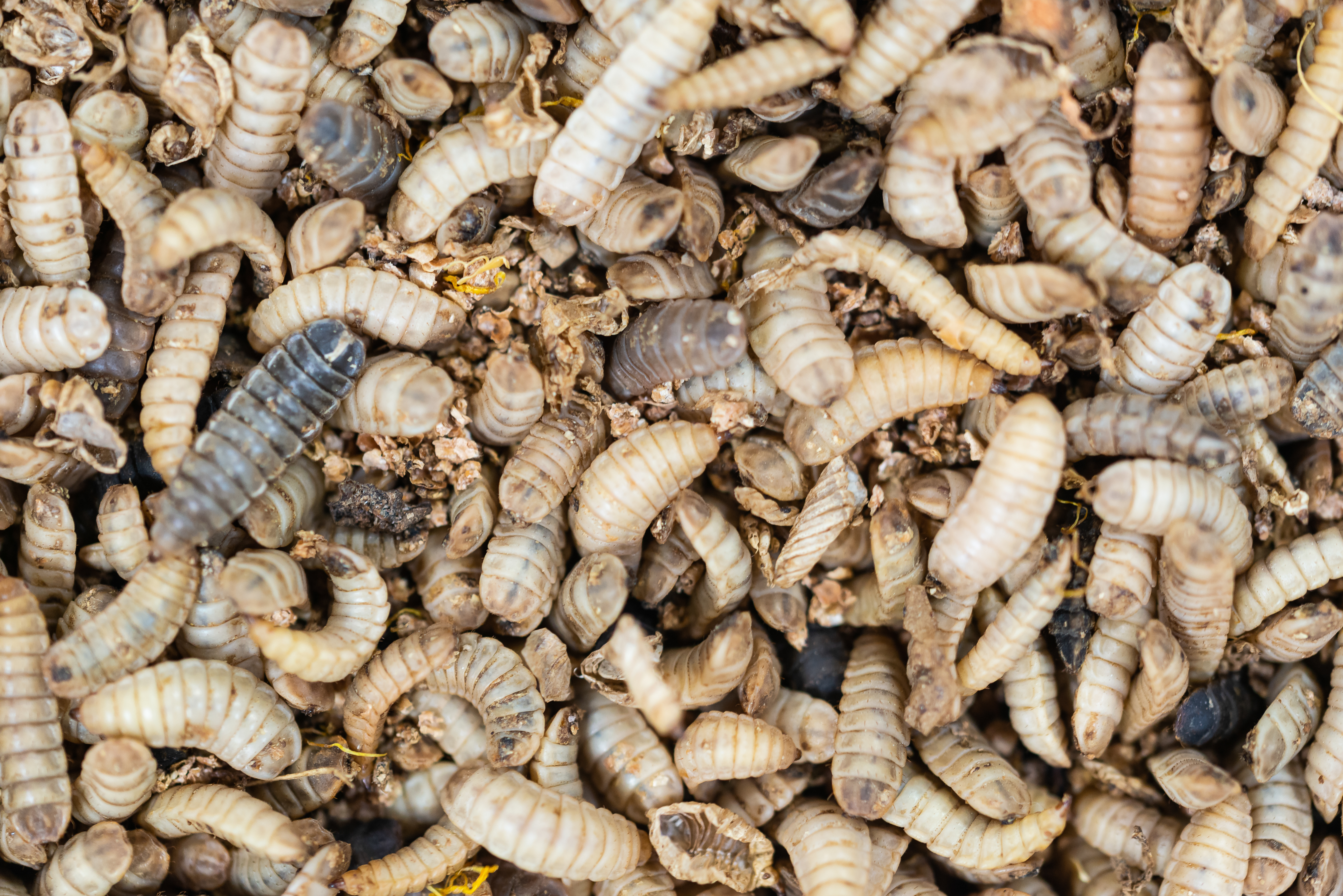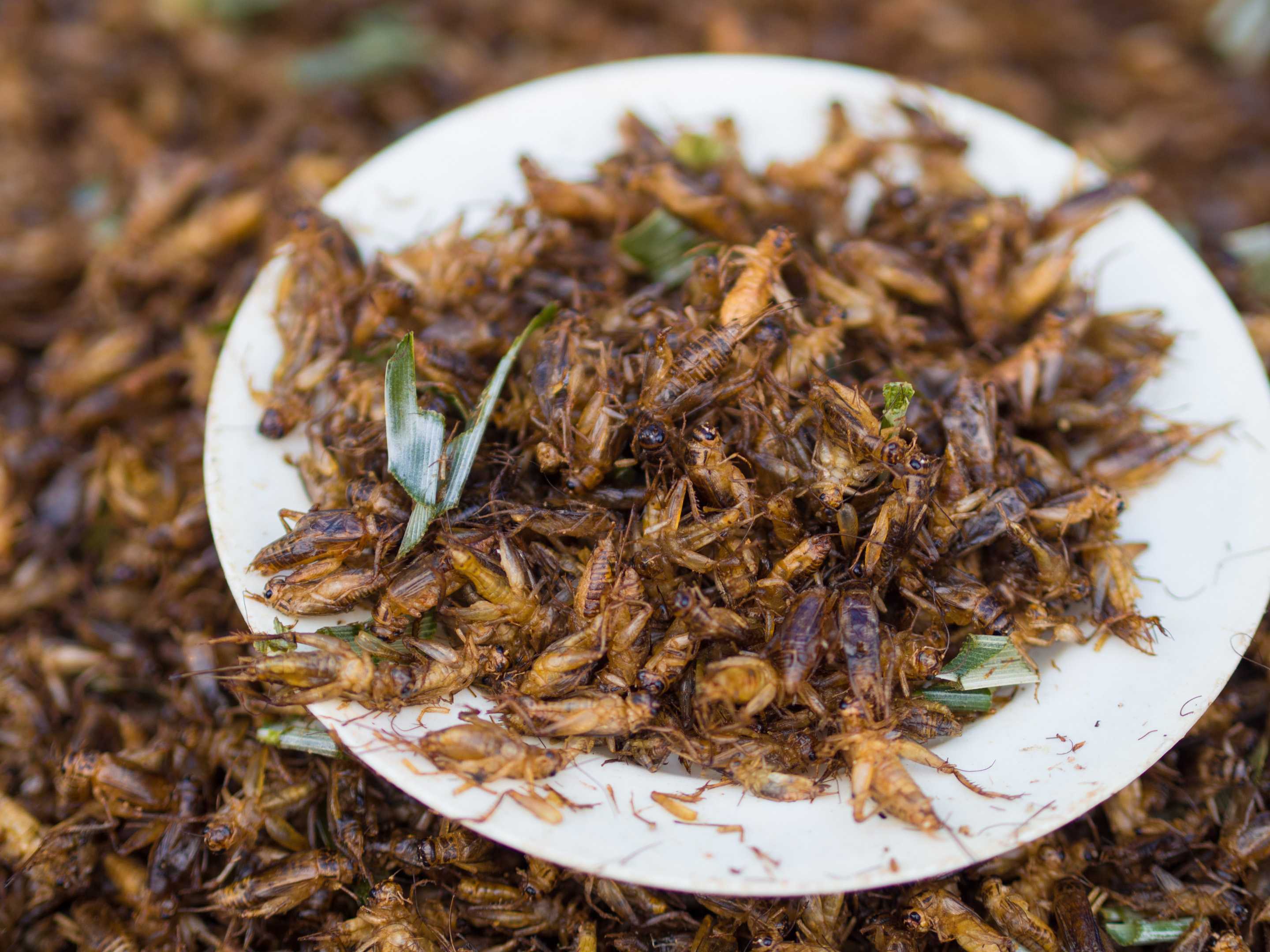



Mealworm protein proves as beneficial as milk protein in new research
Insect proteins offer the best of both worlds: extremely sustainable and great quality protein, according to a Maastricht University study.Research by Maastricht University proves for the first time that insect protein is as beneficial as the "gold standard" milk protein; both have the same performance on digestion, absorption and on the ability to stimulate muscle production.


This outcome, published 21 May, in the prestigious international scientific publication “The American Journal of Clinical Nutrition”, confirms mealworm-derived protein as a premium and high value ingredient. When combined with sustainability arguments, this makes insects an equally great protein source to use for food production.
Protifarm, leading Dutch AgriTech company, part of the world-leading group in natural insect protein, Ÿnsect, provided its Buffalo mealworm (Alphitobius diaperinus) for this unique scientific research. Following the recent authorization by the European Commission's Health Directorate General, of mealworms being safe for human consumption, this again is a significant step forward and represents a great victory for the growth of the entire insect industry.
Milk protein (80% casein and 20% whey) is often seen as the gold standard. This research led by Maastricht University shows that the mealworm matches it, as it also contains all nine essential amino acids, and is efficiently digested in the human body. In contrast, plant-based proteins often show an incomplete amino acid profile with low levels of essential amino acids.
Proteins are made up of amino acids, the building blocks. During digestion, proteins are broken down into separate amino acids. These can be absorbed into the bloodstream and transported to the muscles, where they are used for muscle repair and the building of new muscle tissue. The researchers added stable isotope labeled ("flagged") amino acids to the food of the larvae of the Buffalo mealworm (Alphitobius diaperinus).


Upon ingestion of these larvae in human volunteers, they could track those amino acids throughout the human body, from protein digestion to amino acid uptake and explore their use as building blocks to build muscle tissue. A similar process was used for labeled milk protein. In this way, they could determine the digestibility of both protein sources and their capacity to support muscle synthesis.
Maastricht University is one of the few universities in the world able to do this kind of research. “We used a unique isotope labeling approach to prove rapid digestion and effective stimulation of muscle protein synthesis following the ingestion of Buffalo mealworm. The observed response did not differ from the ingestion of a similar amount of milk protein. It is great to see a protein source that combines both excellent functionality with sustainability.” Explained Prof Dr Luc van Loon, lead researcher.
Mealworm protein is the only one in the world available on the market able to combine performance and health (digestion, absorption, muscle synthesis but also reduction of cholesterol in the liver and plasma) but also naturalness and sustainability. Compared to traditional livestock, Ÿnsect group, including its food branch Protifarm, uses 98% less land while significantly reducing the carbon and biodiversity footprints of protein production. The process is designed for a circular economy as it generates zero waste, meaning everything that is produced is used.
“In short: Buffalo mealworm proteins offer the best of both worlds by providing a high quality protein that is produced in an extremely sustainable environment. Insects will truly be the next sustainable protein source that matches the quality of dairy and the sustainability of many plant-based alternatives. This will open the world up to new food product development.” Commented Tom Mohrmann, CEO of Protifarm.
"This study demonstrates once again the exceptional qualities of the mealworm and its beneficial effects on both performance and health. After having demonstrated the effects of the protein on cholesterol reduction, we are now able to prove its effects on performance by comparing our insect protein to milk protein (already considered a very premium ingredient).” Added Antoine Hubert, CEO and Cofounder of Ÿnsect.
Protifarm has already established food customers in Germany, the Netherlands, England, Denmark, and Belgium. In light of the positive findings of Maastricht University’s international study, Ÿnsect Group’s goal is to continue paving the way in insect protein production and aid the industry’s growth in meeting the crucial challenges of tomorrow. As a leader in the mealworm sector specifically, and with the recent acquisition of Protifarm, the company now looks to accelerate its development of long-term sustainable solutions to protein consumption worldwide.









